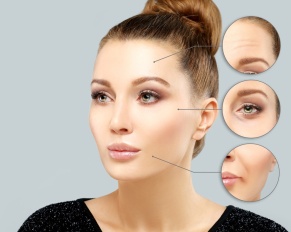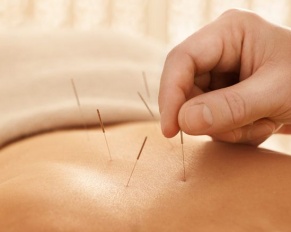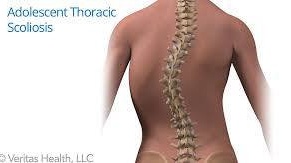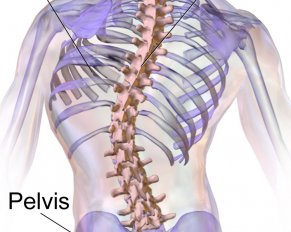 Aches and pains are just a normal part of aging, and hip pain is just one of those inevitable discomforts that happen as we age, right? Wrong! Although many people in the U.S. experience hip pain as they get older, the fact is that hip pain often is quite preventable. In fact, according to many hip replacement specialists in New Jersey, the hips are one of the most well-designed parts of the entire human body and that means they’re made to last a life-time. Even as Americans are living longer, this area of the body generally is made to stand the test of all of those years. However, though it is true that hips can last a lifetime, it’s also true that we all should take extra precautions as we age. Here’s more information from hip replacement specialists about the causes, as well as prevention, of hip pain as it relates to aging.
Aches and pains are just a normal part of aging, and hip pain is just one of those inevitable discomforts that happen as we age, right? Wrong! Although many people in the U.S. experience hip pain as they get older, the fact is that hip pain often is quite preventable. In fact, according to many hip replacement specialists in New Jersey, the hips are one of the most well-designed parts of the entire human body and that means they’re made to last a life-time. Even as Americans are living longer, this area of the body generally is made to stand the test of all of those years. However, though it is true that hips can last a lifetime, it’s also true that we all should take extra precautions as we age. Here’s more information from hip replacement specialists about the causes, as well as prevention, of hip pain as it relates to aging.











